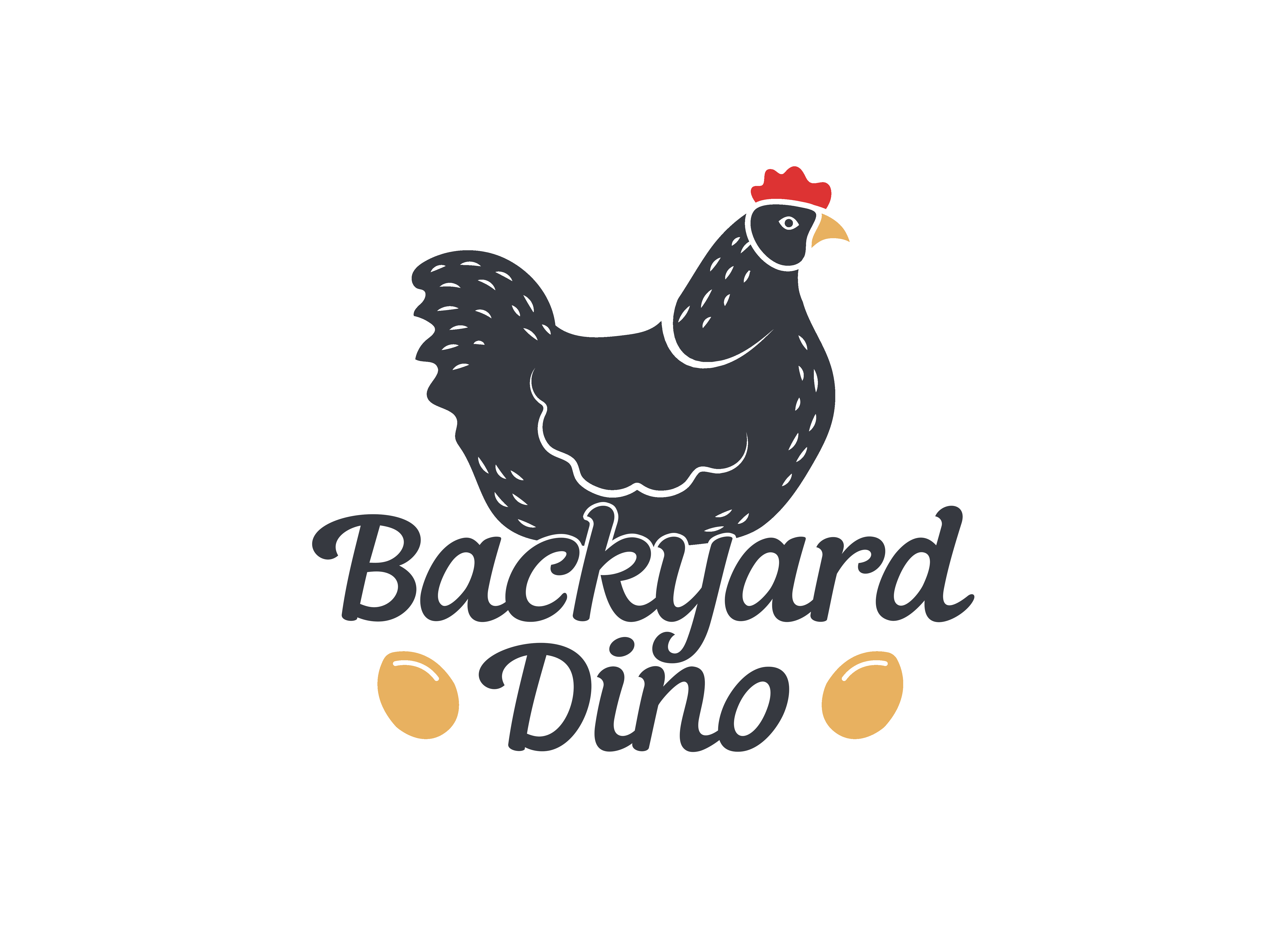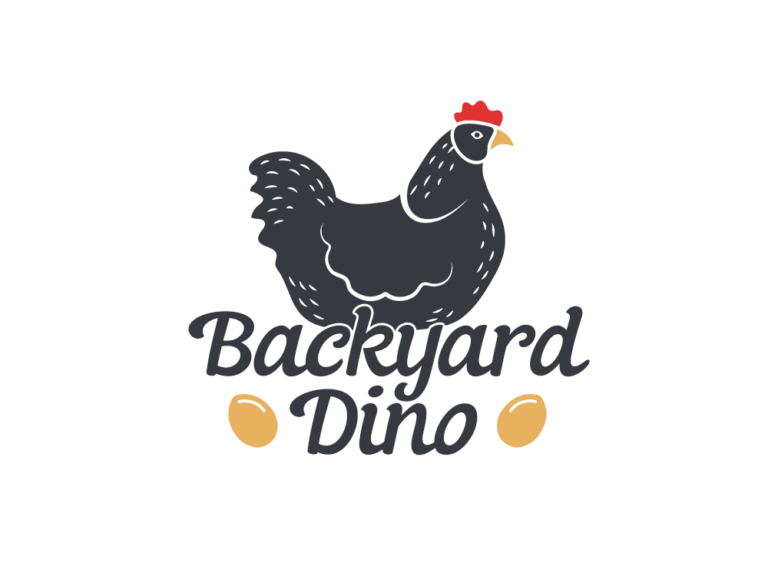Chickens will yawn from time to time, but this doesn’t necessarily mean they are sick or ready for a nap. While it seems like my chickens are more likely to yawn in hot or humid weather, I also catch them yawning during other times of the year, like the winter. There are several reasons why chickens will yawn.
Chickens will often yawn to adjust their crop or move something out of their throat. They might also yawn due to the weather, especially if it’s particularly hot or humid. Yawning can also help chickens stretch or might be the result of watching another chicken yawn.
Keep reading to see my list of 7 reasons why chickens will yawn and what it looks like when a chicken yawns.
1. Adjusting Crop After Big Meal
Chickens will often yawn to adjust their crop after eating a big meal. In particular, I have noticed that my chickens will yawn after I have fed them a lot of kitchen scraps that are a little on the heavy side, like peaches or melons.
When my chickens are confined during the day in their run they have access to feed, which is smaller pieces and easily digestible. When I give my chickens kitchen scraps, this can sometimes be a bit much for some of my hens and they will yawn to adjust their crop and help move the food down their digestive tract.
Chickens will usually only take bites of food that they can easily swallow, so if you see a chicken yawning after eating, this is usually not cause for concern.
2. Adjusting Crop After Preening
Another time when chickens are likely to yawn is right after preening. By yawning, chickens are able to adjust their crop in case it got moved around during preening.
When a chicken preens, they contort their body and this can lead to the crop being moved from a comfortable position. Yawning helps them to readjust and get the crop back to a comfortable position.
Preening is one of my favorite activities to watch my chickens engage in and I’ve noticed that it’s not usual for a hen to yawn right after preening.
3. Food Stuck in Throat
If the food is not broken up in small enough pieces before the chicken swallows, the food can get stuck in the throat. Usually, a chicken is able to dislodge the food by shaking its head or drinking some water. Sometimes a chicken will yawn or stretch its neck as another way to dislodge the food.
Sometimes chickens will eat too fast which can cause the food to not be properly broken up before they try to swallow. This happens with my chickens when they are first let out of the coop in the morning and haven’t eaten since the day before or when I bring them treats that they especially love.
To avoid food getting stuck in your chicken’s throat, it’s best to feed them food that would be natural in their diet if they were wild chickens. In general, chickens enjoy the same fruits and vegetables as people, with a particular preference for juicy, fleshy foods like peaches, watermelons, berries, and tomatoes. They also enjoy greens like lettuce, Swiss chard, and leaves from sweet potato plants. Chickens require protein for their feathers, so they will also eat many of the insects and bugs found in your backyard. I wrote a post about The Natural Diet of Chickens were I go into this topic in more detail and I discuss how the diets of chickens has evolved as they have transitioned from living in jungles to being domesticated and living alongside humans.
4. Warm or Hot Weather
Chickens can yawn when the weather is particularly warm or hot as a way to cool off their bodies.
It is theorized that yawning can increase oxygen flow, which helps to cool the body as a type of thermoregulatory behavior. The optimal temperature for chickens is between 70 to 75 degrees F. When temperatures rise above 85 degrees F, chickens will start to pant and engage in other behaviors to cool off their bodies, including yawning.
I have found with my backyard flock that I catch them yawning a lot more during the summer months than I do during the winter. I very rarely see them yawn when it’s cool or cold outside and if I do see them yawn it’s typically for one of the other reasons listed in this post.
5. Humid Weather
Humid weather can be more difficult to breathe in, so chickens might yawn as a way to take in more oxygen. Usually if the weather is humid, it’s also hot, so it’s not unlikely to see a chicken yawning when the weather is both hot and humid.
Although the verdict is still out on this reason for why chickens might yawn, it’s worth mentioning here.
6. Stretching
Yawning can also serve as a way to stretch a chicken’s neck. Chickens will stretch out their legs or wings while standing or dust bathing. Sometimes they might also want to stretch their neck, which is easily done by yawning.
When my chickens stretch their neck by yawning it’s usually a quick yawn or two and they’re done.
7. Yawning is Contagious
Similar to other animals and humans, yawning can be contagious to chickens.
Chickens are social animals and yawning can be started with one chicken and spread to others in the flock. Think about when you watch someone yawn and how you then find yourself yawning. Dogs will often yawn after they’ve seen their humans yawn (I tried doing this experiment with my cat and he wasn’t playing along…typical cat 😼).
It has also been theorized that yawning is an ancient signal for animals to synchronize group activity. If yawning was done at night among a group of animals, it could be seen as a signal that it was time for sleep.
What does it look like when a chicken yawns? A chicken yawns by stretching her neck upwards and opening her mouth, holding this position for a few seconds. Sometimes you can see the tongue wiggle in the mouth if you are close enough. After yawning, a chicken can swallow hard and will sometimes repeat the process. Chickens will generally keep their eyes open when they yawn.
When Yawning Can Be A Concern
In general, chickens raised in the backyard are much healthier that the chickens raised in an industrial or commercial setting. When a backyard chicken yawns occasionally, it’s usually for a common reason that is not concerning. I would suggest watching the chicken for a bit and see if the yawning stops within a few minutes (which is usually the case).
While the majority of yawning in chickens can be relatively benign, there are few instances where it should be taken seriously and a vet should be consulted.
Below are some circumstances when a veterinarian should be consulted about your chicken’s yawning (especially if more than one of these symptoms is present for more than a couple of days):
- Gaping or gasping for air
- Coughing
- Shaking head incessantly
- Crop is large and squishy
- A new chicken was recently added to the flock
- Discharge from eyes or nose
- Lethargy or lack of energy
- Labored breathing
- Wheezing
- Loss of thirst or appetite
- Runny nose
- Watery or foamy eyes
If you see any of these symptoms in your chickens, your best bet is to call your veterinarian. Not all veterinarians are specialized in treating chickens, but if you can find one that works with birds of any type that should be sufficient.

